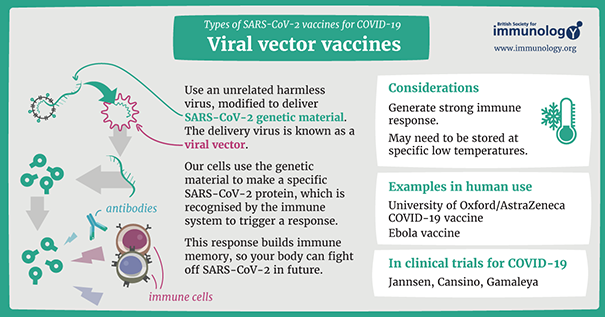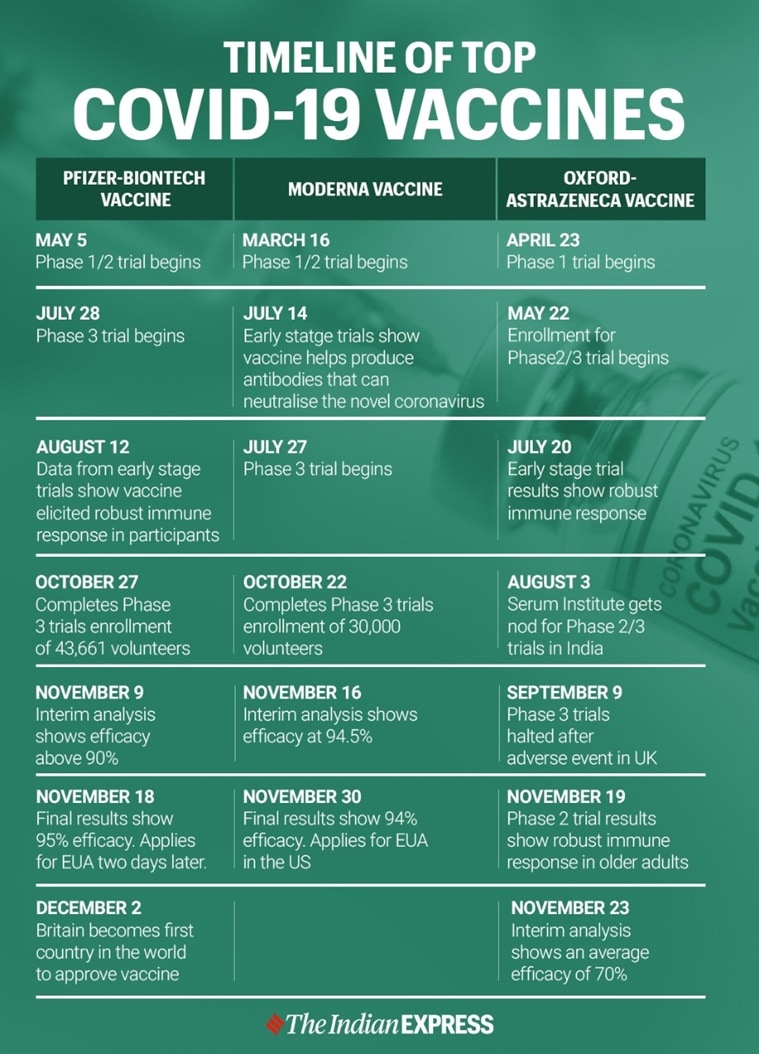
Going to your child’s primary care provider is recommended for this age group. Where should young children be vaccinated? Please ask your doctor about when to receive COVID-19 vaccines.

Additional doses are given to children who are moderately or severely immunocompromised, since their immune response to vaccines may not be as strong as in healthy people. Yes, children who are immunocompromised should receive vaccines to reduce the risk of severe COVID-19 illness or death. The most common side effects parents can expect for their child are a sore arm, headache, fever, and fatigue Parents should contact their primary care provider if they have any specific concerns about side effects from a shot. Symptoms usually occur one to two days after vaccination and are mostly mild and resolve after a few days. Children 6–23 months may be fussy or more sleepy. The most common side effects parents can expect for their child are a sore arm, headache, fever, and fatigue. What side effects can parents expect from the vaccines? Children who are moderately or severely immunocompromised are considered fully vaccinated two weeks after the final dose in the primary series.
Covid symptoms timeline with vaccine full#
How long does it take for the shots to take full effect?Ī child can be considered fully immunized two weeks after the third dose of the Pfizer mRNA vaccine or two weeks after the second dose of the Moderna vaccine. If your child receives the Pfizer vaccine, it is a 3-dose vaccine series: Dose 1, then 3-8 weeks later Dose 2, then >8 weeks later Dose 3.įor the Moderna vaccine, it is a 2-dose vaccine series: Dose 1, then 4-8 weeks later Dose 2.Ĭhildren who are moderately or severely immunocompromised may need additional doses, similar to teens and adults. How many doses of vaccine are needed, and on what schedule? These doses were carefully selected to ensure the vaccine was well tolerated for young children. The two-dose Moderna COVID-19 vaccine is recommended for children ages 6 months to 5 years at a dose of 25 micrograms. The three-dose Pfizer COVID-19 vaccine can be given to children 6 months to 4 years of age at a 3 microgram dosage. For children under 5, we now have two vaccines available. The only COVID-19 vaccine presently available for children older than 5 years in the U.S. What makes this vaccine different from the others administered to kids 5 years and older? Vaccines can protect children, which in turn can reduce the risk of transmission to others.

Vaccines continue to be effective at preventing severe illness and hospitalization, including in children with and without any underlying medical conditions.ĬOVID-19 vaccines can also prevent multisystem inflammatory syndrome in children (MIS-C) and may potentially prevent post-acute sequelae of COVID-19 (PASC)-i.e., long COVID-which can be very debilitating for young children. Scientific evidence has shown that the children who received COVID-19 vaccines during testing developed high levels of virus-fighting antibodies expected to protect them against coronavirus. Stanford Medicine Children’s Health encourages all families to have eligible children vaccinated with the COVID-19 vaccine. The CDC recommends a COVID-19 vaccine for children ages 6 months and older. Since the beginning of the COVID-19 pandemic, there have been over 2 million cases, 20,000 hospitalizations, and 200 deaths due to COVID-19 in children under 5 years of age. Why should my baby or young child receive the COVID-19 vaccine? Grace Lee, MD, associate chief medical officer for practice innovation and a pediatric infectious diseases physician, answers frequently asked questions about vaccines for young children. With COVID cases rising, many parents are eager to vaccinate their youngest kids. This means roughly 20 million children in the United States under 5 years are newly eligible for vaccination. On June 18, 2022, the Centers for Disease Control and Prevention (CDC) approved COVID-19 vaccination for young children who are at least 6 months old.

under 5 years are newly eligible to receive the COVID-19 vaccine.


 0 kommentar(er)
0 kommentar(er)
